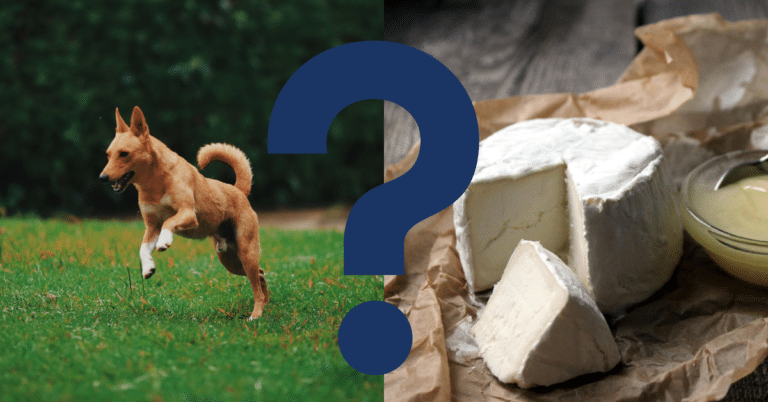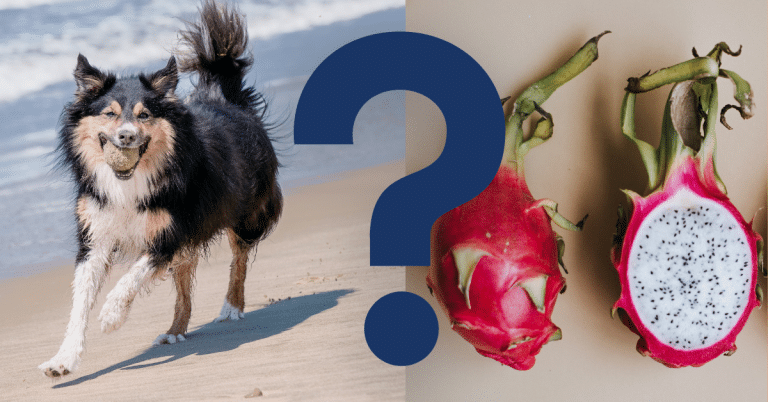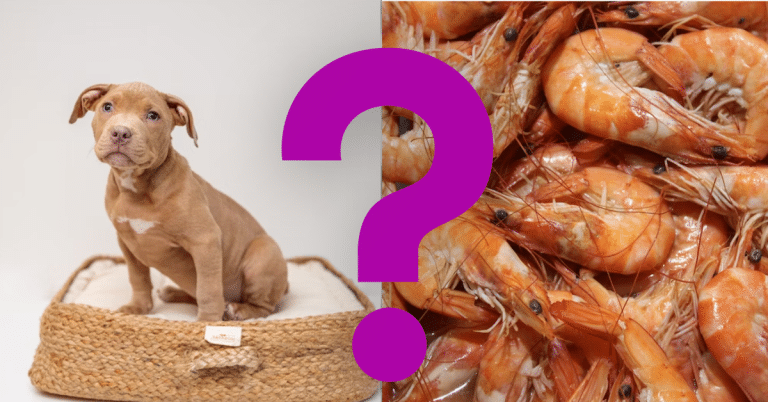Can Dogs Eat Turkey Bones? A Vet’s Opinion

Turkey bones are turkey skeletal structures that generally include ribs, leg bones, and other bony elements, but can you feed turkey bones to your dog?
Dogs should not consume turkey bones. Turkey’s bones break quickly, putting dogs at risk of getting choked, gastrointestinal blockage, or internal injury. The bones can be piercing and induce digestive tract injury, leading to severe consequences. To safeguard the safety and well-being of dogs, keep turkey bones and other bones that have been cooked away from them.
Benefits of turkey bones for Dogs
While turkey bones represent significant dangers to dogs, there are some possible advantages to using turkey bones correctly. However, it is crucial to emphasise that similar advantages can be gained through safer methods. Here are a few possible advantages and factors to consider:
- Dental Health: Gnawing on turkey bones may aid in the removal of plaque and tartar from a dog’s teeth, hence improving dental health. The bone, however, should be uncooked and big enough to avoid splintering.
- Mental Stimulation: Chewing on turkey bones can offer dogs mental activity and help them avoid boredom. It is beneficial for active and lively pets.
- Source Of Nutrients: Turkey’s bones include trace amounts of minerals such as calcium and phosphorus, vital for bone health. These nutrients, however, can be provided through a well-balanced and adequate dog diet.
Despite these possible benefits, the hazards of turkey bones outweigh any benefits. To guarantee your dog’s safety and well-being, safer options such as specifically developed dental chews, raw bones, or chew toys are recommended. Speak with a veterinarian to identify the best solutions for your dog’s dental health and mental stimulation.

How to safely give turkey bones to dogs
Turkey bones are generally not suggested for dogs since they represent substantial dangers. However, if you insist on doing so, here are some tips to help minimise potential risks:
- Only Give Raw Bones: Cooked bones, like turkey bones, become soft and can readily shatter. Raw bones are weaker and more prone to splintering. If you decide to feed your dog raw or uncooked turkey bones, ensure they are raw and uncooked.
- Supervision Is Essential: Never let your dog munch on a bone unsupervised. Keep an eye on them and interfere if required to monitor their chewing.
- Size Matters: Feed your dog bones that are proportionate to their size. In general, large, weight-bearing bones are safer than small in size, delicate bones. Avoid offering giant bones to little dogs since they might find it hard to gnaw on them.
- Avoid Sharp Edges: Before giving your dog a bone, look for sharp edges or splintered bits. Any sharp or damaged bones should be removed or discarded.
- Time Limit: Keep bone-chewing sessions to a minimum. Give your dog a bone for a short time, no more than 15-20 minutes. Chewing over an extended period raises the risk of harm.
- Proper Disposal: Once your dog has finished chewing on the bone, remove it immediately and dispose of it carefully. Do not leave bones lying around for your dog to find unsupervised.
- Alternatives To Turkey Bones: Think about safer options. Dental chews and toys specifically designed for dogs provide oral health advantages and mental stimulation without the hazards connected with bones. Consult your veterinarian for appropriate alternatives.
Remember that there are significant dangers linked with turkey bones. Even when all safety precautions are taken, there is still a risk of injury or problems. To safeguard your dog’s safety and well-being, it is critical to weigh the potential benefits vs hazards and investigate alternate solutions. Before introducing new food to your dog, it is usually best to consult a veterinarian.
Will turkey bones make a dog sick?
Yes, turkey bones can cause sickness in dogs. If a dog consumes turkey bones, it may develop many illnesses or health problems, including:
- Choking: Bone fragments in a dog’s throat can cause choking and difficulty breathing.
- Intestinal Blockage: Splintered bones can cause clogs in the dog’s digestive tract, resulting in blockages. It can cause severe abdominal discomfort, vomiting, diarrhoea, loss of appetite, and possibly gastrointestinal blockage, a potentially fatal illness.
- Tearing Or Perforation: Sharp bone shards can penetrate or tear a dog’s mouth, throat, oesophagus, stomach, or intestines, resulting in internal bleeding, infection, and other catastrophic problems.
- Pancreatitis: Consuming fatty foods such as turkey skin or meat can cause pancreatitis in dogs, which causes inflammation of the pancreas. This ailment is exceedingly painful and necessitates emergency veterinarian care.
- Dental Injuries: Dogs who chew on hard turkey bones may fracture their teeth or hurt their gums. It can result in tooth discomfort, tooth root infections, and other oral health issues.
It’s crucial to know that the hazards of turkey bones are high, and the potential illnesses might vary based on the individual dog and the severity of the bone intake. It is usually best to avoid offering dogs turkey bones to avoid these potential health problems and preserve their well-being.
Can Dogs Eat Turkey Bone Variations?
No, dogs should not consume any form of turkey bone. Turkey bones are dangerous to dogs whether cooked, uncooked, smoked, or otherwise prepared. Cooked bones, in particular, become brittle and shatter readily, posing a choking threat, blocking the digestive tract, or causing internal damage. Although raw bones are softer and less likely to splinter, they can still cause injury if not handled correctly. To guarantee their safety and avoid health concerns, it is advised to avoid giving dogs any form of turkey bone.

Vet’s Summary
Summary: Turkey bones should not be fed to dogs since they might cause choking, digestive tract obstructions, and internal damage. Cooked bones become brittle and easily shatter, yet raw bones, while softer, can still inflict harm. It is critical to prioritise canine safety and well-being by avoiding including turkey bones in their diets.
Recommendation: Instead of offering dogs turkey bones, owners should consider giving their pets probiotic supplements. Probiotics can help dogs maintain healthy gut flora, ease digestion, and improve overall gastrointestinal health. Probiotic dog supplements are available in various formats, including powders, chews, and capsules. However, because individual needs vary, it is critical to check with a veterinarian to decide the best probiotic product, dose, and length of treatment for your dog. Owners can improve their dog’s digestive health without the hazards associated with turkey bones by putting probiotics into their dog’s diet under professional supervision.
Videos to watch
If you are wondering if you can give your dog turkey bones, watch this:
And if you want to know what a dog can NOT eat, watch this:






